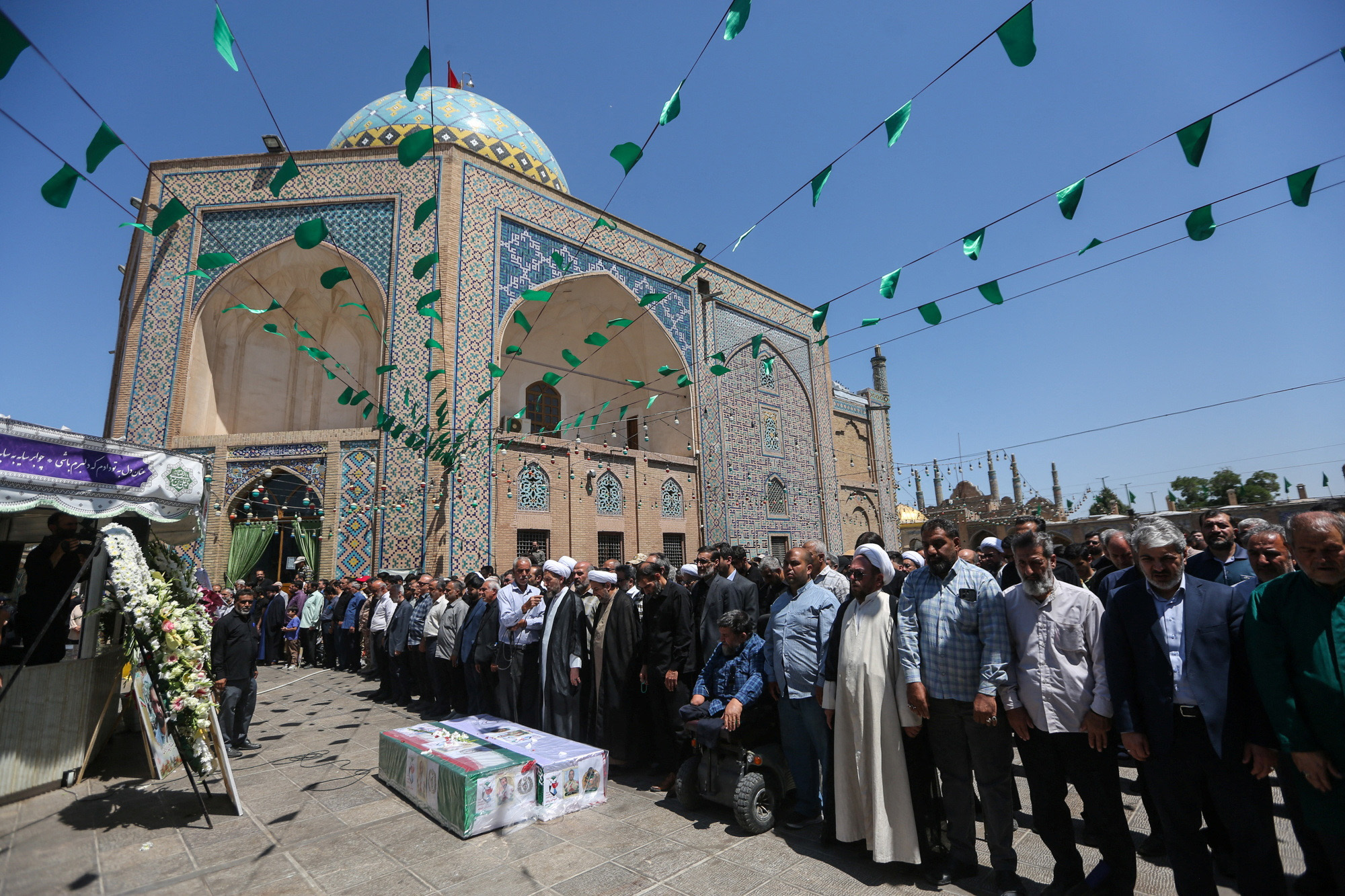The foreign ministers of France, Germany and the UK met their Iranian counterpart Abbas Araqchi in Geneva on Friday, in an attempt to open a path back to diplomacy for its nuclear programme. The night before and the night after, in the early hours of Saturday, Iran fired ballistic missiles into Israel while Israeli fighter jets bombed targets in Iran in the war without a front line and ground troops.
Meanwhile, the world is waiting to hear the decision of the United States president Donald Trump, who has given himself two weeks to decide whether to bomb Iran’s nuclear facilities. The reasoning, according to the White House spokesperson, directly quoting the president, was that “based on the fact that there is a substantial chance of negotiations that may or may not take place with Iran in the near future, I will make my decision whether or not to go in the next two weeks.”
Araqchi, however, had declared that he would not speak to the US as it was “a partner to Israeli crime against Iran.” Were his European counterparts acting as mediators between Iran and the US in Geneva? Not according to Trump, who, late on Friday, said “Iran doesn’t want to speak to Europe, they want to speak to us.” He also said it was “very hard” to ask Israel to scale back its offensive so there could be negotiations, as it was winning. Araqchi said after the meeting in Geneva that Iran would talk to the US only when Israel stopped its bombardment.
Israel is very unlikely to stop its air-strikes, which appear to have been very successful, killing the Islamic Republic’s top military commanders and several nuclear scientists, destroying air defences and military infrastructure and targeting nuclear facilities. The damage caused by the barrage of Iranian missiles in Israel has been limited, as Israel’s air defence systems, supported by the US, have intercepted most of them, and their intensity has reportedly diminished.
In an interview published on Saturday, Israel’s foreign minister, Gideon Sa’ar said the air strikes had put back Iran’s ability to develop nuclear weapons by at least two or three years. The strikes, however, would continue. “We will not stop until we will do everything that we can do there in order to remove this threat,” he told Bild newspaper. This appears to indicate the air strikes would continue until Israel completely destroys Iran’s nuclear programme.
Israel, reportedly, does not have the capacity to cause major damage to Iran’s heavily fortified Fordo nuclear facility which is built 100m under a mountain. Only the US has Massive Ordnance Penetrator bunker buster bombs (and the planes to carry them) which could destroy the facility. Trump is reluctant to give the order, aware that this would be a declaration of war on the ayatollahs by the US, a move that might strengthen rather than weaken their position, not to mention the unforeseeable consequences for the West.
Israel’s prime minister Benjamin Netanyahu is very likely to continue the air strikes on Iran for another two weeks in the hope that Trump will take the decision to go in. He has also spoken about “regime change” although he conceded that this was up to the Iranian people. The toppling of Iran’s totalitarian theocratic regime would be a positive outcome in every respect. It would put an end to one of the most repressive regimes in the world, a regime which has financed terrorism in the West and has used its proxies to cause havoc in the Middle East. It is not a regime anyone in the world would want to have nuclear weapons.
Nobody can safely predict how the situation will develop and what the consequences will be for the region. Even if “regime change” is achieved there is no guarantee that what follows will be an improvement. Regime change made a bad situation worse in Libya, Iraq and Syria. Most states, including the US, understandably, would like to see a de-escalation – hence the two-week time-out called by Trump – much more than a regime change, but it appears this is now beyond reach.






Click here to change your cookie preferences